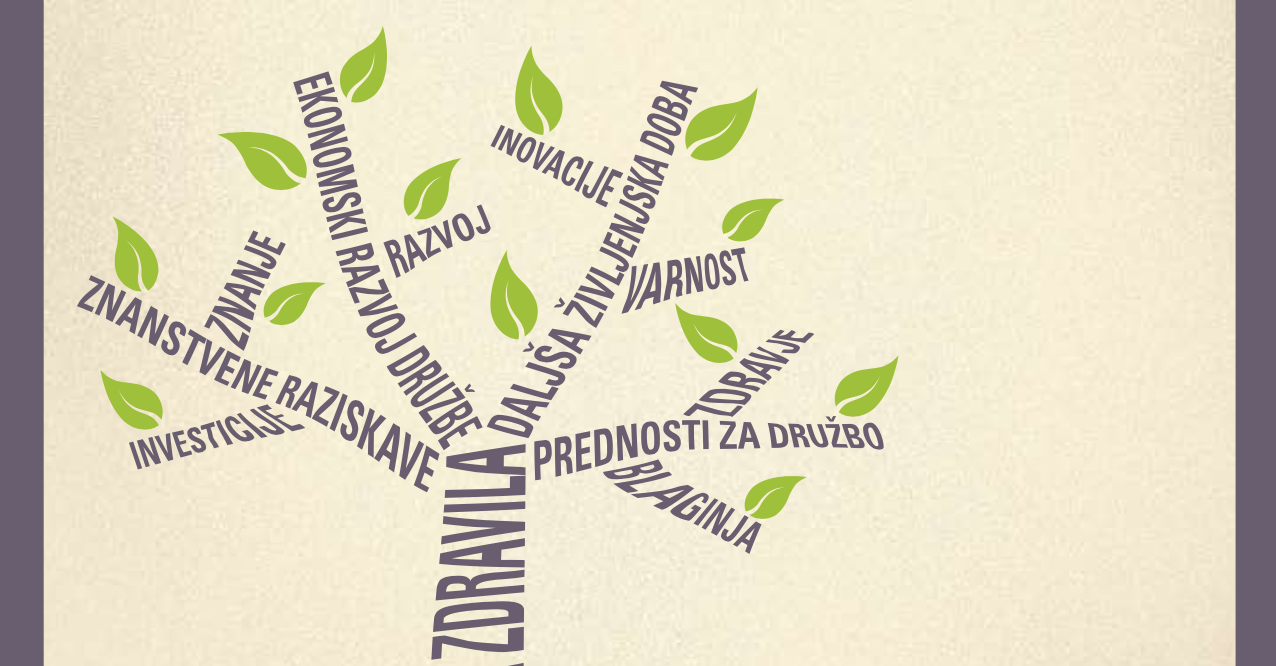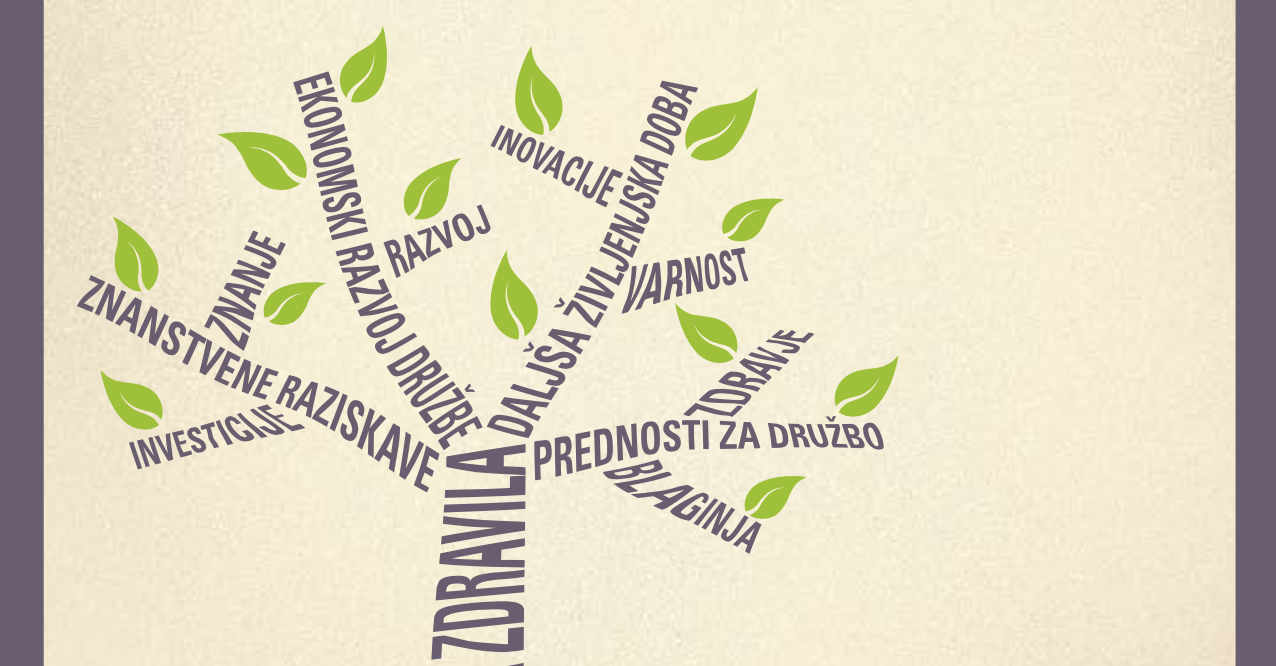Value of Innovation
Innovative medicines improve the quality of life and prolong life expectancy. By developing these medicines pharmaceutical industry contributes to society’s prosperity and to economic growth. Discover why personal and social benefits of innovative medication far surpass their costs.
We have organized the following strategic conferences about the value of innovation:








